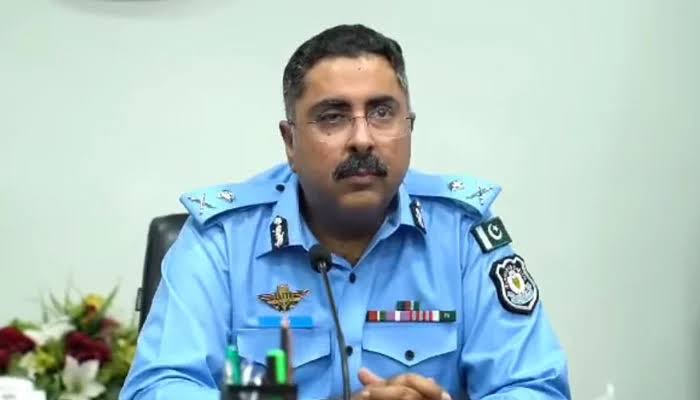In a country where women are too often blamed for the violence they suffer, the murder of 17-year-old TikTok influencer Sana Yousaf has sent shockwaves through Pakistan—and ignited a crucial national reckoning.
Sana was allegedly shot dead in her own home in Islamabad by Umar Hayat, after she reportedly refused his advances and attempts at contact. The killing, which took place on what would have been her 17th birthday, is being described by authorities as a crime motivated by repeated rejection—an assertion that has underscored the deadly entitlement some men exhibit when faced with a woman’s “no.”
Thought this would be a CCPO level debacle but hats off to IG Islamabad for a very progressive statement at the heels of a case where men will be hellbent to blame the victim. pic.twitter.com/fX3aw5b64H
— Anees Hassan Khan (@AneesHassanKhan) June 3, 2025
While the brutality of the act has sparked justified outrage, what has stood out this time is the bold and progressive tone set by Islamabad’s Inspector General of Police, Syed Ali Nasir Rizvi.
“This was a gruesome and cold-blooded murder,” IG Rizvi said during a press briefing. “It was a case of repeated rejections. The boy was trying to reach out to her time and again. She kept saying no.”
Read more: Tragic Killing of Influencer Sana Yousaf Sparks Outrage Across Pakistan, Social Media Reacts
Instead of casting doubt on the victim’s choices—as has tragically been common in past cases—IG Rizvi clearly laid the blame where it belonged: on the killer’s inability to accept rejection, and on the cultural mindset that turns women’s autonomy into a perceived threat.
The fact that I was mentally prepared that this was going to be a victim-blaming statement when I started reading this BUT IT IS NOT- is truly a breath of fresh air. Thank you IG Islamabad. 👏🏽👏🏽👏🏽 pic.twitter.com/KNTwT47yM5
— Reformistan | Dr. Maarib (@reformistan) June 3, 2025
This strong stance is earning him praise from both civil society and social media users, who remember all too well the public outrage that followed Lahore CCPO Umar Sheikh’s infamous victim-blaming comments in the 2020 motorway rape case.
“Thought this would be a CCPO-level debacle,” one journalist posted on X (formerly Twitter), “but hats off to IG Islamabad for a progressive, principled stance at a moment where most would find ways to blame the girl.”
Activists from the Aurat March, Digital Rights Foundation, and other rights groups have applauded the IG’s clarity, calling his statement “a much-needed example of how law enforcement should approach gender-based crimes—with empathy and justice, not judgment.”
The case has reignited urgent calls for systemic reforms to address violence against women in Pakistan, particularly in the context of “honour” and entitlement. Sana’s killing is not an isolated incident—it is part of a deeply rooted pattern of violence women face for exercising autonomy, especially when saying “no.”
Hashtags like #JusticeForSanaYousaf and #SheSaidNo continue to trend, as citizens demand not just arrests, but societal change.
For now, IG Rizvi’s words represent a hopeful shift. But activists stress that justice must go beyond statements. It must translate into consistent protection for women, prosecution of perpetrators, and the dismantling of cultural narratives that condone gender-based violence.














